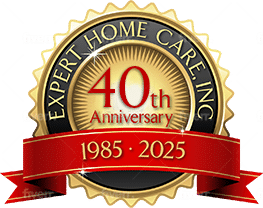New Jersey Senior Health News
Contrary to popular belief, mental disorders like anxiety, depression, cognitive impairment, mood disorders and behavioral problems, are not a normal part of aging.
Yet, psychiatric illnesses in older adults have long tended to be neglected, sometimes with tragic consequences. This is why the rate of suicide is higher than any other age group and twice the national average.
Many elderly people suffer in silence because they are unable to relate their problems to someone who understands. Access to psychiatric care has long been a problem for them. And most families and nursing homes don’t know how to care for them.
According to the American Medical Association, there are less than 2,600 board certified geriatric psychiatrists for 35 million seniors – or about one per 14,000 Americans 65 and older. Families and nursing home personnel often fail to recognize mental or emotional illness in an elderly person, which can be confused with the symptoms of multiple medical problems.
In addition to a shortage of appropriate health specialists, experts cite barriers to access, a denial of problems among the elderly, and a lack of coordination between mental health and aging networks.
It is estimated that 40 percent of older adults with medical problems also have signs of depression. It’s not surprising when you think that in addition to dealing very often with the loss of loved ones, financial concerns, feelings of neglect and loss of independence, they also must deal with the realities that their bodies are breaking down.
Depression is not just a case of being in a bad mood, but continues for more than a couple of weeks. Signs include a loss or lack of concentration, sleep, appetite, and interest. Watch out for them in your loved ones!
- NJ Home Health Care Client Bill of Rights - March 12, 2019
- Senior Home Care Preparation For New Jersey Families - December 17, 2018
- Elder Abuse More Common Than Thought - December 10, 2018

